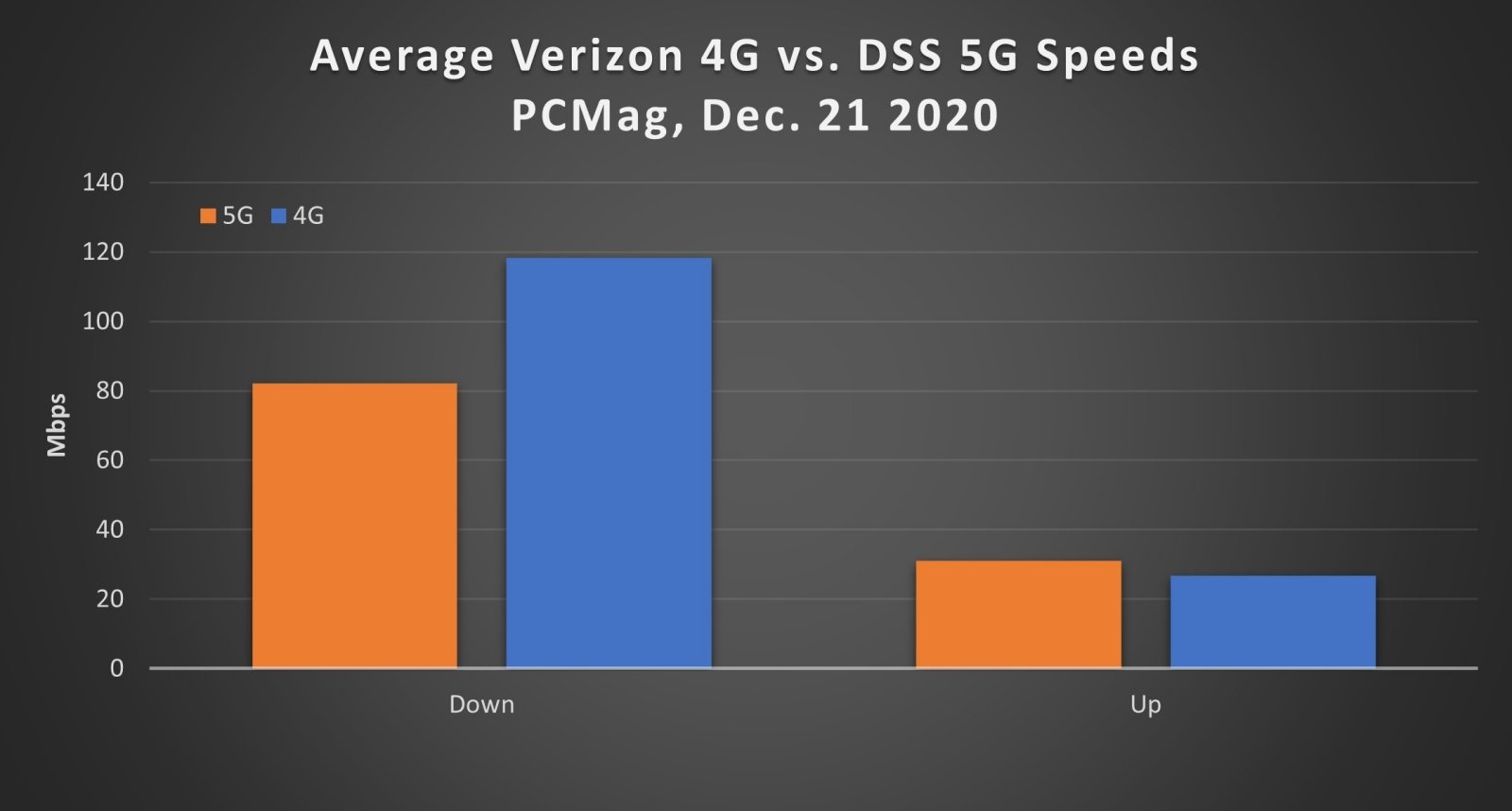
If not for the COVID-19 pandemic, 5G would have continued to be the buzzword in the mobile and telecommunications market. While more and more smartphones are coming out with 5G support, network operators are still slowly but surely expanding the next-gen network’s coverage across the country. Not all 5G is created equal, which already complicates matters from the get-go. Things can get even more confusing when you consider that carriers like Verizon have different types of 5G, one of which might actually be slowing down your iPhone 12 or Google Pixel 5.
Verizon already differs from its rivals like AT&T and T-Mobile with its Ultra-Wide Band or UWB 5G, the kind of 5G that utilizes the higher and faster 6GHz spectrum, also called mmWave or millimeter-wave. This 5G offers the most idealized speeds and bandwidth that the network is promised to bring at the expense of having a shorter range and fewer covered areas.
Verizon’s solution to make people think it has just as much or even wider 5G coverage is its Dynamic Spectrum Sharing or DSS 5G, what the carrier markets as “nationwide 5G”. It is able to achieve this nationwide coverage by making the 5G connection utilized unused channels of an existing 4G spectrum. In other words, it is 5G riding on narrower and slower 4G bands. As far as the phone is concerned, it is connected to a 5G network and displays the 5G icon on the status bar. In reality, however, it may be slower than the 4G network it is sharing space with.
According to PCMag’s tests, this Verizon “nationwide 5G” actually slows down 5G-enabled phones that it is better to force a 4G LTE connection in places where there is no decent UWB 5G coverage anyway. While iPhone 12 owners have an easy way to prefer 4G over 5G, Android phones or may not have that option.

The report does make it clear that Verizon’s LTE performance was actually good and its UWB 5G is even better. The problem and the confusion are pretty much limited just to the DSS 5G, which Verizon defends is still a new technology that it will continue to optimize and improve on through 2021 and beyond.
